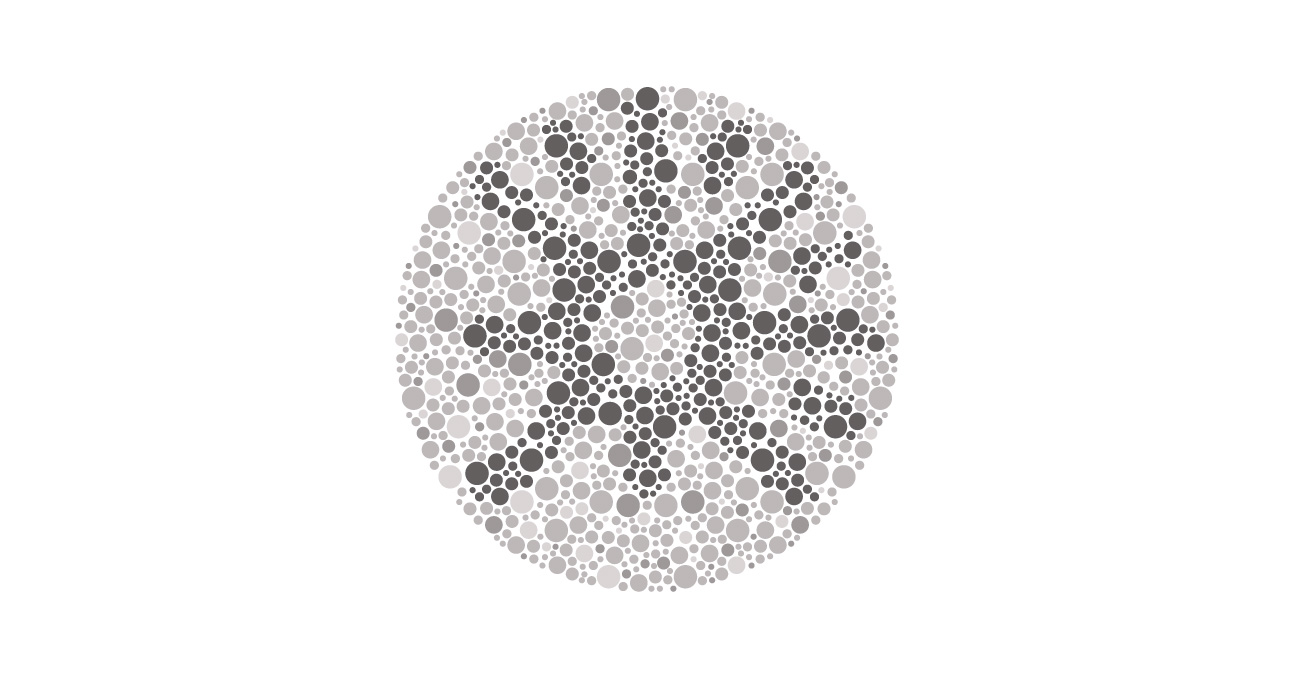Accessibility Matters - Perspective is Everything

Sometimes, despite having full (though corrected) vision and being able-bodied, you just can't see some of the amazing things that this world has to offer. You also can't see what barriers may exist – or even the ones you may be imposing.
At Digital Echidna, we're heavily invested in accessibility. I have the honour of sitting on the Ability First Coalition, have been involved in our AODA education efforts, and have a personal, vested interest in accessibility issues.
However, more and more I realize I'm cognizant of the issues, but not truly aware. But I want to get better.
Today my colleague, Lisa Bondy, shared an article on the Ability First LinkedIn page titled, "Technology for All. Why Startups Should Build with Accessibility in Mind." The crux of the message mirrors what we've been saying for over a year – accessibility isn't just about "doing the right thing" but it's rooted in sound business practices, as there are very real benefits.
"Who is in the room when you are designing and programming? Who is testing your application, product or website? Are your beta testers using accessibility aids like screen readers, speech-to-text systems, or trying to adjust caption font and background when trying to understand an audio-visual component? If not, your big idea—the code you have labored on—might not work when accessed via accessibility aids and you might be leaving money on the table."
I get that. In theory and in law, I understand AODA and accessible web design. In theory and in practice, I understand what it takes to reach WCAG compliance thresholds. But in truth, I'm approaching it from a position of privilege and have to temper my belief with one sobering reality:
I can't understand what accessibility feels like.
Last week, we had our staff BBQ and I spent an enjoyable hour or so talking with Sarah Jevnikar, our accessibility consultant. Sarah is visually impaired and has been an amazing addition to our team because of the perspective she can bring. Hopefully, you've read some of her blog posts. And for any help I've been able to give her in writing, she's returned those favours a hundred-fold in terms of educating me on true accessibility.
Last month, she wrote a blog on the iPhone's MBraille app, but it was only on Friday that I saw it in action. And I was blown away. She described it in her blog as a revelation and, after watching its use, I have to concur.
 I've included a screen cap that Sarah sent to me, but it really doesn't do the experience justice. And while it wasn't paradigm shifting, it did reinforce my desire to learn more.
I've included a screen cap that Sarah sent to me, but it really doesn't do the experience justice. And while it wasn't paradigm shifting, it did reinforce my desire to learn more.
In our efforts to build the accessible web, it goes without saying that it helps to include the people who are actually going to use it. And it helps to understand that this isn't about accommodation, but rather giving people the tools they need to let their talents come shining through.
It's a lesson I learned early on – and it's part of the motivation for me being involved with accessibility. In the blink of an eye, my cousin went from being an athletic, able-bodied youth to becoming quadriplegic. Who he was didn't change; what his talents are didn't change, but the way in which he needed to interact with the world did.
I remember having a Facebook chat with him once where he was out-'typing' me. And I can type (thanks Mrs. Dalrymple's keyboarding class... who knew?) Strip away all the extraneous and it's just two guys talking.
But how that message gets shared requires the right tools. Developing those tools requires understanding. It's something I have the privilege of not knowing first-hand, but I have the obligation to learn as much as possible.
It's a learning process and one we're committed to continuing. We do a great job, but we can always do better. We have our own faults, limitations, and challenges, but are doing our best to overcome them.
After all, what matters is the message – so it's important to eliminate all barriers to its delivery. That means not taking for granted what we see – and not ignoring what we don't.
And, like pretty much everything in life, it comes down to listening to and learning from each other.
How do I ensure my site is accessible?
SUBSCRIBE TO OUR E-NEWSLETTER
 Subscribe
Subscribe


